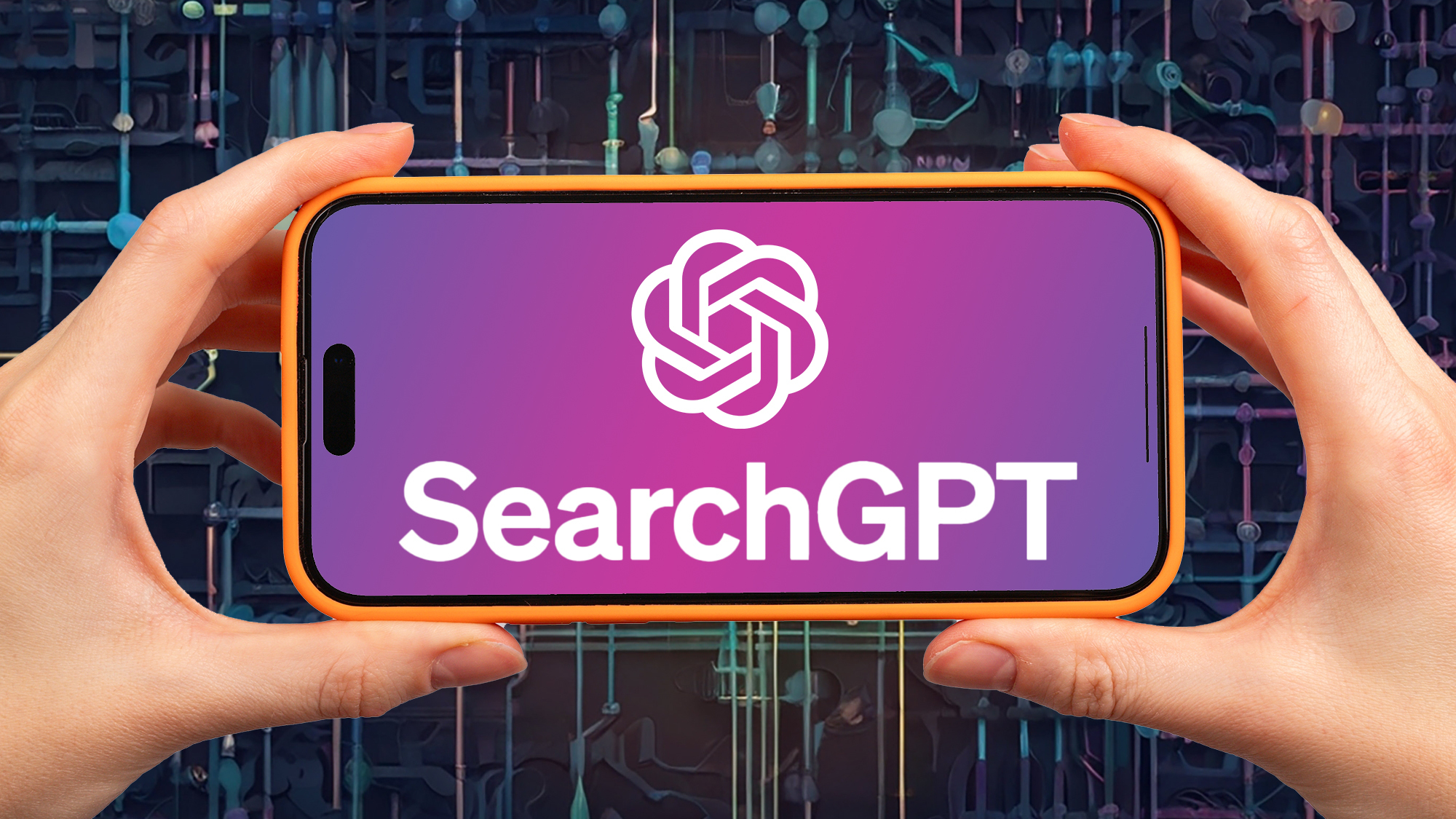OpenAI SearchGPT: Unleashing the Information Retrieval Future. OpenAI introduced SearchGPT Prototype on July 25, 2024, for testing SearchGPT, a temporary prototype of new AI search features that give you fast and timely answers with clear and relevant sources. There is no denying that the current digital era has made it imperative to access information with speed and precision. For decades now, a handful of search engines have ruled the web; however, with the introduction of new technologies based on artificial intelligence (AI), their traditional role may be turned upside-down. The latest breakthrough in this area is represented by OpenAI’s SearchGPT – an innovative AI-powered tool aiming at altering conventional search methodologies completely.
What is SearchGPT from OpenAI? Advanced AI model developed by OpenAI for search applications is known as OpenAI SearchGPT. GPT (Generative Pre-trained Transformer) architecture created by OpenAI is famous for its amazing ability of natural language processing (NLP). So as to enhance the performance of understanding and answering search queries with utmost precision and relevance, SearchGPT extends these capabilities.
Main Elements of SearchGPT Natural Language: Understanding: Different from typical search engines which significantly depend on keyword matching, SearchGPT really stands out with its ability to understand natural language inquiries context and nuances. This means even if a user uses conversational language, they can still get specific results. Contextual Awareness: By taking into account user’s intent, SearchGPT understands the query’s context hence providing more relevant answers. e.g. if one searched for “best places to visit in summer”, they would be shown travel recommendations as opposed to general information about summer. Personalization: Over time, the model has the capability of learning and adapting to individual preferences offering personalized search experiences that evolve based on interaction with users. Comprehensive Results: Through accessing various datasets at its disposal during training sessions; SearchGPT gives thorough answers pulling data from many sources into a coherent whole. Interactive Q&A: With an interactive question-and-answer feature, this enables users to do real-time refining of their searches drilling down to the particular detail they require.
Everyday Use: For the common user, SearchGPT enriches everyday searching interventions which range between looking for eateries, watching movies or reading recommended books. Its chat interface makes it easy and fun to look for information.
What is Next Regarding Search Technology with OpenAI SearchGPT: The advent of OpenAI SearchGPT is a major turning point in the development of search technologies. With further developments in artificial intelligence (AI), we expect a lot more complicated functions and capabilities to come up. Future versions of SearchGPT could possibly involve connectedness with other AI tools, effective real-time data processing as well as incrementally intuitive interactions among users. A very fascinating prospect is that SearchGPT can democratize the access to information. Breaking the language barriers and providing contextually relevant results, it helps in bridging the knowledge gap and empowering users all over the globe with the information they require.
To summarize: OpenAI SearchGPT has the ability to change the way we retrieve and use information. This sets a new benchmark for search technology by incorporating advanced natural language comprehension, contextual awareness, and personalization features. As it grows further, SearchGPT will definitely be influencing how future retrieval is. i.e. easier for everyone no matter who they are or where they belong than ever before.
Comments (0)
No comments yet. Be the first to comment!

